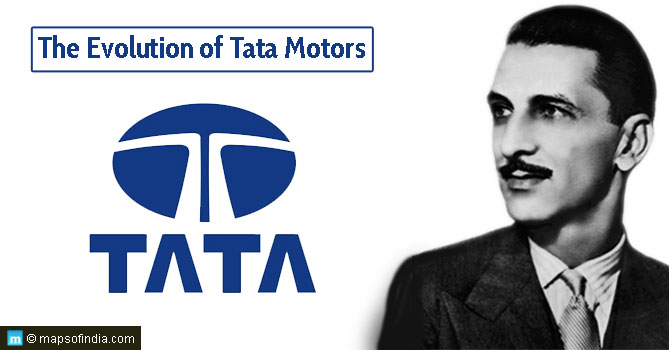Management is necessary for a stable existence and is required for all management forms. Sound management is the tenacity of great businesses. Managing a life includes doing everything possible to achieve one’s goals, but running a business includes doing everything possible with and for other people to achieve one’s goals.
To put it another way, management is defined as the organization and coordination of an industry’s endeavours to achieve specific objectives wholly and effectively.
Nature of Management:
Universal Process
There is management wherever there is human effort. The organization’s goals will not be achieved without good management.
The factor of Production
Managers who are well-equipped and experienced are required to maximize finances and labor.
Goal-Oriented
The primary goal of all management activities is to meet the firm’s objectives. In addition, the goals must be reasonable and attainable.
Supreme in Thought and Action
Managers create attainable objectives and then direct all execution parts to accomplish them. They will require real help from middle and lower levels of management to do this.
The system of authority
It includes well-defined regulatory principles, the control of proper authority and efficiency at all levels of decision-making. It is necessary to do what is expected of them and report to whom they are accountable.
Profession
Managers must oversee management knowledge and education, adhere to a proven code of conduct and be aware of their human and societal duties.
Process
The management technique entails various activities or services aimed towards a specific goal.
Significance of Management:
Achieving Group Goals
Management promotes worker cooperation and integration. However, general control over the organizational and personal objectives must be established to achieve the goals.
Increases Efficiency
Management promotes efficiency by handling resources in the most efficient way possible to reduce costs and increase efficiency.
Creates Dynamic organization
Management takes on the situation by ensuring that these variances are well-acknowledged internally and that objection to change is managed.
Achieving personal objectives
Management encourages leadership and motivates workers to work successfully to achieve their objectives while contributing to their goals.
Development of Society
Management contributes to the betterment of society by producing high-quality goods, creating job opportunities, and nurturing innovative technology.
Features of Management:
Management is a goal-oriented method
An organization has a predetermined set of essential objectives that serve as the primary foundation for its existence. These must be simple to understand and plainly stated. The objectives of separate organizations differ. For example, a retail market’s goal may be to increase sales, but The Spastics Society of India aims to educate children with special needs. Management marshals the efforts of many personnel inside the organization to achieve these objectives.
Management is all common
Whether financial, cultural, or civic, all businesses are familiar with the activities connected with operating a corporation. A gas station must be governed in the same way a school or hospital is. What managers do in India, Japan, Germany, and the United States is the same. They may do it in a variety of ways. This diversity is caused by differences in history, culture, and environment.
Management is a perpetual process
The management technique consists of sequential, composite, but different goals (organizing, planning, staffing, controlling, and directing). All managers carry out these procedures at the same time. A manager’s responsibilities include a never-ending list of responsibilities.
Management is an intangible energy
It is an ethereal strength that can not be seen, but its presence can be sensed via corporate activities. As a result, management produces exceptional results in an industry where objectives are met according to rules, happy personnel, and arrangements rather than confused.
Management is a group activity
It suggests that it is never a single individual that accomplishes all of the industry’s operations but always a collection of people. As a result, management is a collaborative effort.





